
- 0.5
- 0.6
- 0.7
- 0.8
- 0.9
- 1
- 1.1
- 1.2
- 1.3
- 1.5
- 2
- English
- French
- German
- Spanish
Sacraments for the dead? It would be unthinkable without the immortality of the soul. Yet this notion is only beginning to evolve in the Bible. Here is how today’s understanding of an afterlife came into being.
Hebrew nephesh is the term most often translated as “soul” in the Old Testament. It comes from “throat” as a respiratory organ and “breathe” as an activity. This term, however, has little to do with the soul as we understand it today.
The range of meanings extends from the breath of life to the mind, as the seat of emotions, to the synonym for “self”. In any case, body and soul form an entity. In the beginning, there is no concept of a continuation of life after death.
This, however, changes with the Jewish diaspora after the fall of their kingdom and their being dispersed mainly to Egypt and Asia Minor. There they adopted Greek as their standard language and translated their Holy Scriptures. The Greek Old Testament, or Septuagint, was born.
One word changes the way we think
The Greek term psyche is the closest equivalent to nephesh. At first glance, it fits perfectly: originally, psyche meant “breath” and essentially meant “life force”. But by the time the Jews adopted the term, its meaning had already changed.
Orphism, a Hellenistic mystery religion, is to blame for this. There the soul is a piece of divinity trapped in the body. It was the philosopher Plato who developed this idea: body and soul are opposed. The soul is more precious because it is divine in nature and immortal.
With the term psyche, this idea also migrates into Jewish thinking. We can see it in the late writings of the Old Testament, such as in Daniel or Ecclesiastes, and in the intertestamental books (also called Apocrypha). However, immortality is not understood here as a continuous existence, but as resurrection.
From renewed to continued life
This line continues in the New Testament: resurrection, that is a renewed life after death, was already a religious principle for the Pharisees. On the other hand, Jesus’ parable of the rich man and poor Lazarus implied a continuation of life after death: even in the afterlife, the personhood remains and can perceive itself and others. This is how the understanding of the speaker and listener evolves.
In the post-New Testament period, Greek and Jewish ideas merged into an early Christian coexistence: the doctrine of immortality paved the way for belief in the resurrection. And the divine nature of the soul fits well with man’s likeness to God from the account of creation.
Back to corporeality
A systematic doctrine did not develop until the Middle Ages: once again, milestones were set by the Church Father Augustine and the Doctor of the Church Thomas Aquinas. The one considered the soul to be a human being in its own right. The other found the identity of a human being in the entity consisting of body, soul, and spirit which, in death, aspires to the resurrection body.
In its catechism, the Catholic Church has adhered to the essence of this doctrine to this day. Protestant theology, on the other hand, has largely abandoned the concept of immortality of the soul and expects life after death through resurrection alone.
For the New Apostolic Church it is clear (CNAC 3.3; CNAC 9): after physical death, human beings retain their personhood, which is from then on expressed in spirit and soul. God has granted this immortality with man’s likeness to Him. Or, in short: “It is through God’s address of a human being as ‘you’ that the person becomes ‘I’.”
Are sacraments for the dead even possible? It all depends on the conception of the afterlife. This is what we will explore in the next part of this series.
Photo: Tanja Bagusat -stock.adobe.com
Article series
The sacraments (53): On the way to immortality

- 0.5
- 0.6
- 0.7
- 0.8
- 0.9
- 1
- 1.1
- 1.2
- 1.3
- 1.5
- 2
- English
- French
- German
- Spanish
The sacraments (66): Here and there in a good dozen articles

- 0.5
- 0.6
- 0.7
- 0.8
- 0.9
- 1
- 1.1
- 1.2
- 1.3
- 1.5
- 2
- English
- French
- German
- Spanish
The sacraments (65): On earth as it is in heaven

- 0.5
- 0.6
- 0.7
- 0.8
- 0.9
- 1
- 1.1
- 1.2
- 1.3
- 1.5
- 2
- English
- French
- German
- Spanish
The sacraments (64): Where the love of God breaks through

- 0.5
- 0.6
- 0.7
- 0.8
- 0.9
- 1
- 1.1
- 1.2
- 1.3
- 1.5
- 2
- English
- French
- German
- Spanish
The sacraments (63): The polar opposite of conjuring the dead

- 0.5
- 0.6
- 0.7
- 0.8
- 0.9
- 1
- 1.1
- 1.2
- 1.3
- 1.5
- 2
- English
- French
- German
- Spanish
The sacraments (62): a powerful act even for the dead
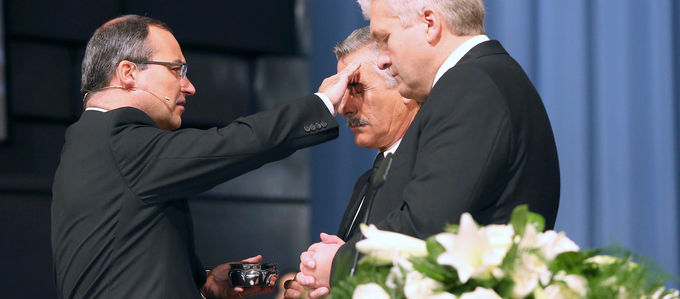
- 0.5
- 0.6
- 0.7
- 0.8
- 0.9
- 1
- 1.1
- 1.2
- 1.3
- 1.5
- 2
- English
- French
- German
- Spanish
The sacraments (61): Three times a year for all

- 0.5
- 0.6
- 0.7
- 0.8
- 0.9
- 1
- 1.1
- 1.2
- 1.3
- 1.5
- 2
- English
- French
- German
- Spanish
The sacraments (60): An order for the beyond

- 0.5
- 0.6
- 0.7
- 0.8
- 0.9
- 1
- 1.1
- 1.2
- 1.3
- 1.5
- 2
- English
- French
- German
- Spanish
The sacraments (59): For the departed under the hands of the Apostles

- 0.5
- 0.6
- 0.7
- 0.8
- 0.9
- 1
- 1.1
- 1.2
- 1.3
- 1.5
- 2
- English
- French
- German
- Spanish
The sacraments (58): Because corpses cannot eat
Other Articles

- 0.5
- 0.6
- 0.7
- 0.8
- 0.9
- 1
- 1.1
- 1.2
- 1.3
- 1.5
- 2
- English
- French
- German
- Spanish
Getting to know Jesus
Listen to it

- 0.5
- 0.6
- 0.7
- 0.8
- 0.9
- 1
- 1.1
- 1.2
- 1.3
- 1.5
- 2
- English
- French
- German
- Spanish
On the 1700-year anniversary of the Council of Nicaea: the background
Listen to it
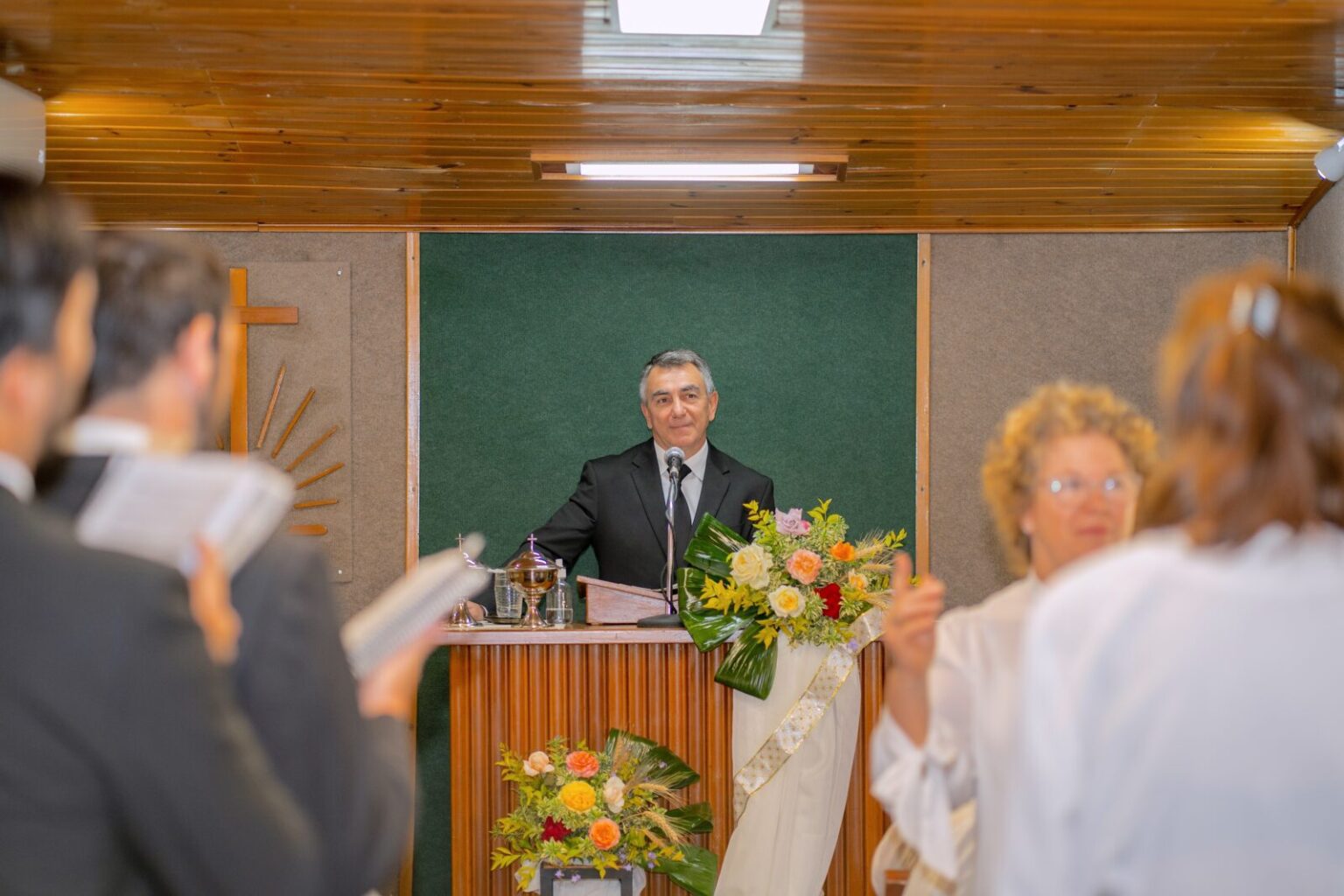
- 0.5
- 0.6
- 0.7
- 0.8
- 0.9
- 1
- 1.1
- 1.2
- 1.3
- 1.5
- 2
- English
- French
- German
- Spanish
Walking with God
Listen to it
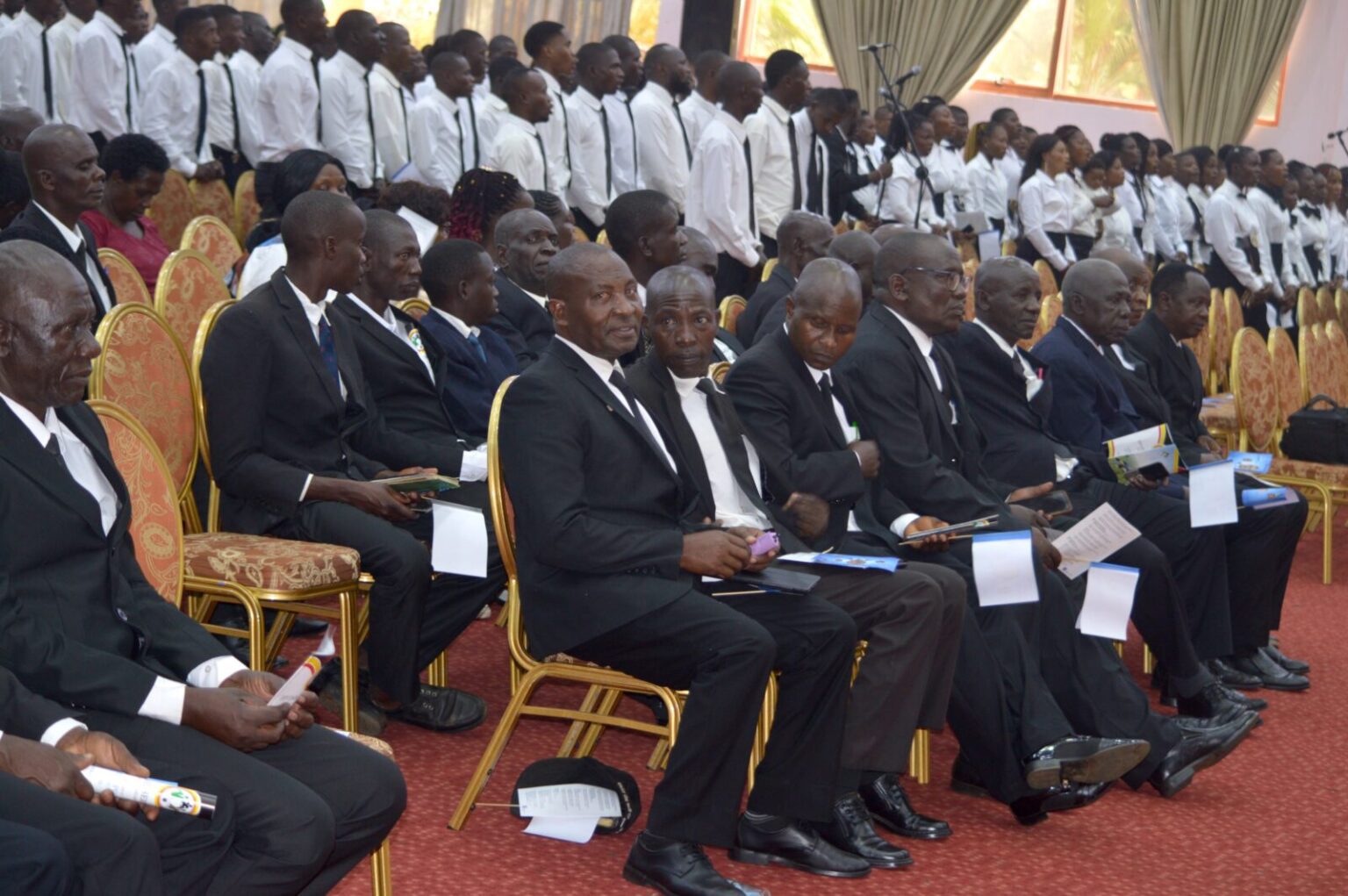
- 0.5
- 0.6
- 0.7
- 0.8
- 0.9
- 1
- 1.1
- 1.2
- 1.3
- 1.5
- 2
- English
- French
- German
- Spanish
A guide to effective listening
Listen to it

- 0.5
- 0.6
- 0.7
- 0.8
- 0.9
- 1
- 1.1
- 1.2
- 1.3
- 1.5
- 2
- English
- French
- German
- Spanish
Spotlight 04/2025: It takes love and patience
Listen to it

- 0.5
- 0.6
- 0.7
- 0.8
- 0.9
- 1
- 1.1
- 1.2
- 1.3
- 1.5
- 2
- English
- French
- German
- Spanish
From a heart that loves to a hand that gives
Listen to it
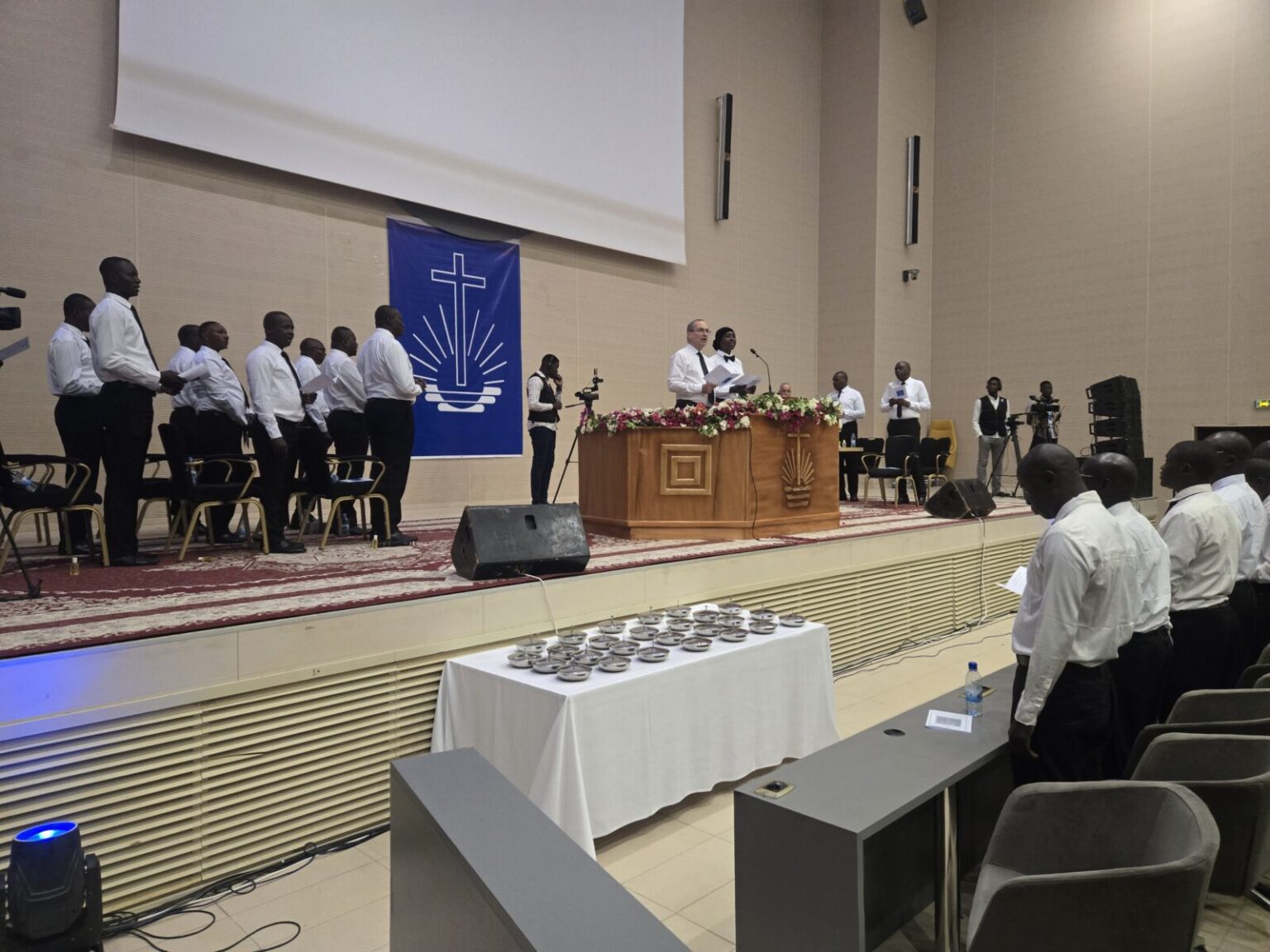
- 0.5
- 0.6
- 0.7
- 0.8
- 0.9
- 1
- 1.1
- 1.2
- 1.3
- 1.5
- 2
- English
- French
- German
- Spanish
Is God’s plan good for us?
Listen to it

- 0.5
- 0.6
- 0.7
- 0.8
- 0.9
- 1
- 1.1
- 1.2
- 1.3
- 1.5
- 2
- English
- French
- German
- Spanish
Divine service: a part of life
Listen to it
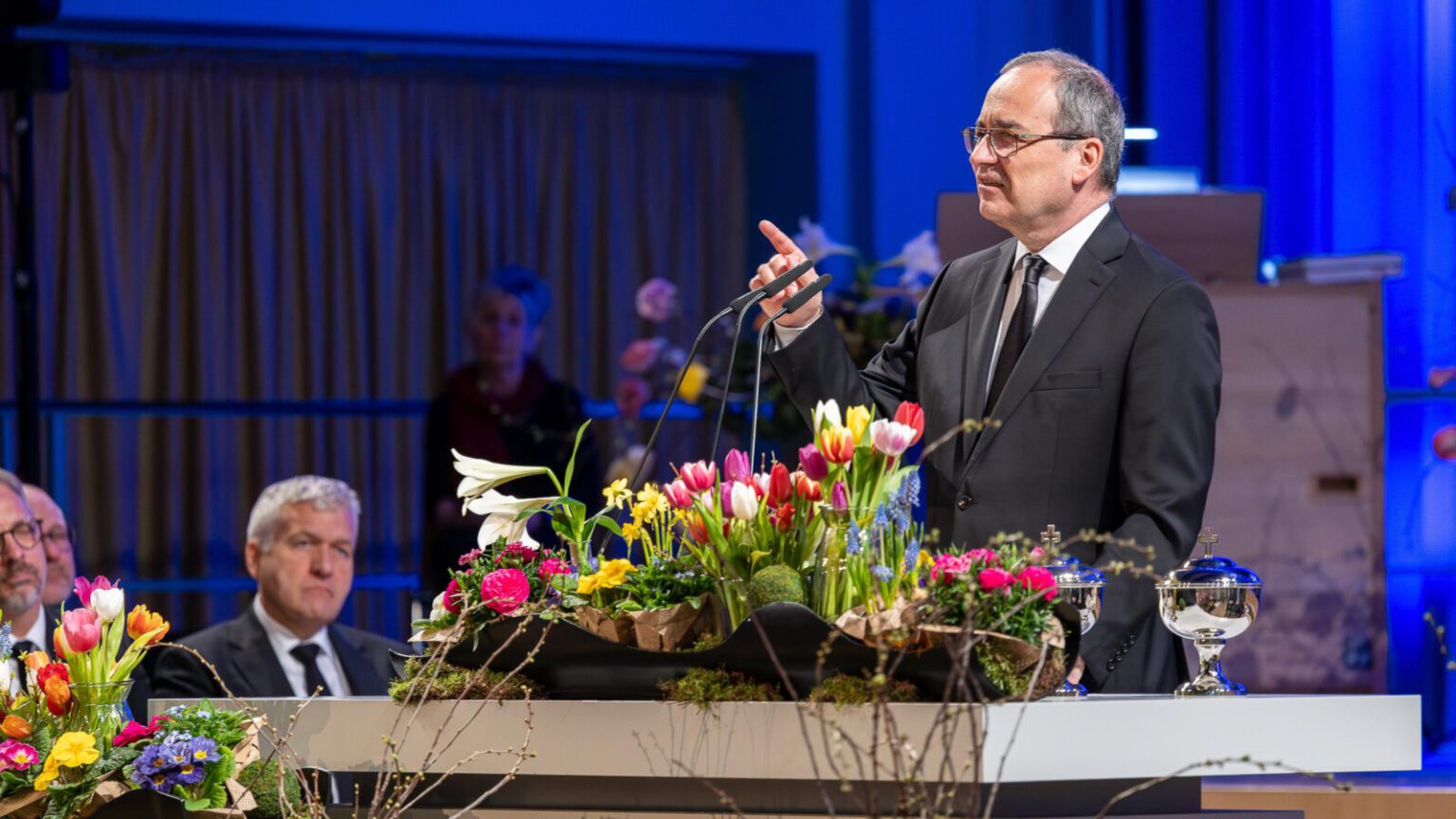
- 0.5
- 0.6
- 0.7
- 0.8
- 0.9
- 1
- 1.1
- 1.2
- 1.3
- 1.5
- 2
- English
- French
- German
- Spanish
Commitment to a better world
Listen to it

- 0.5
- 0.6
- 0.7
- 0.8
- 0.9
- 1
- 1.1
- 1.2
- 1.3
- 1.5
- 2
- English
- French
- German
- Spanish
Spotlight 3/2023: Giving makes us happy
Listen to it

- 0.5
- 0.6
- 0.7
- 0.8
- 0.9
- 1
- 1.1
- 1.2
- 1.3
- 1.5
- 2
- English
- French
- German
- Spanish
Apostle ministry: it comes down to faith
Listen to it






